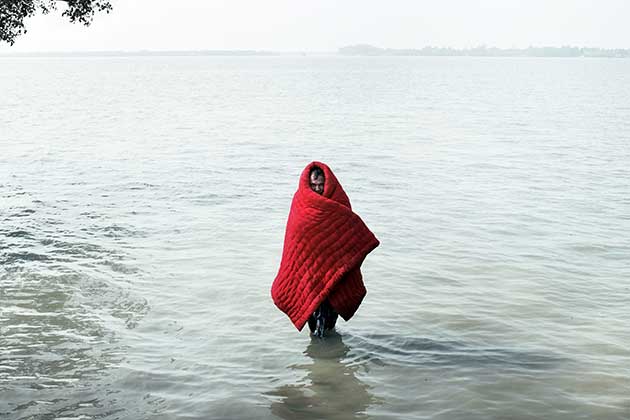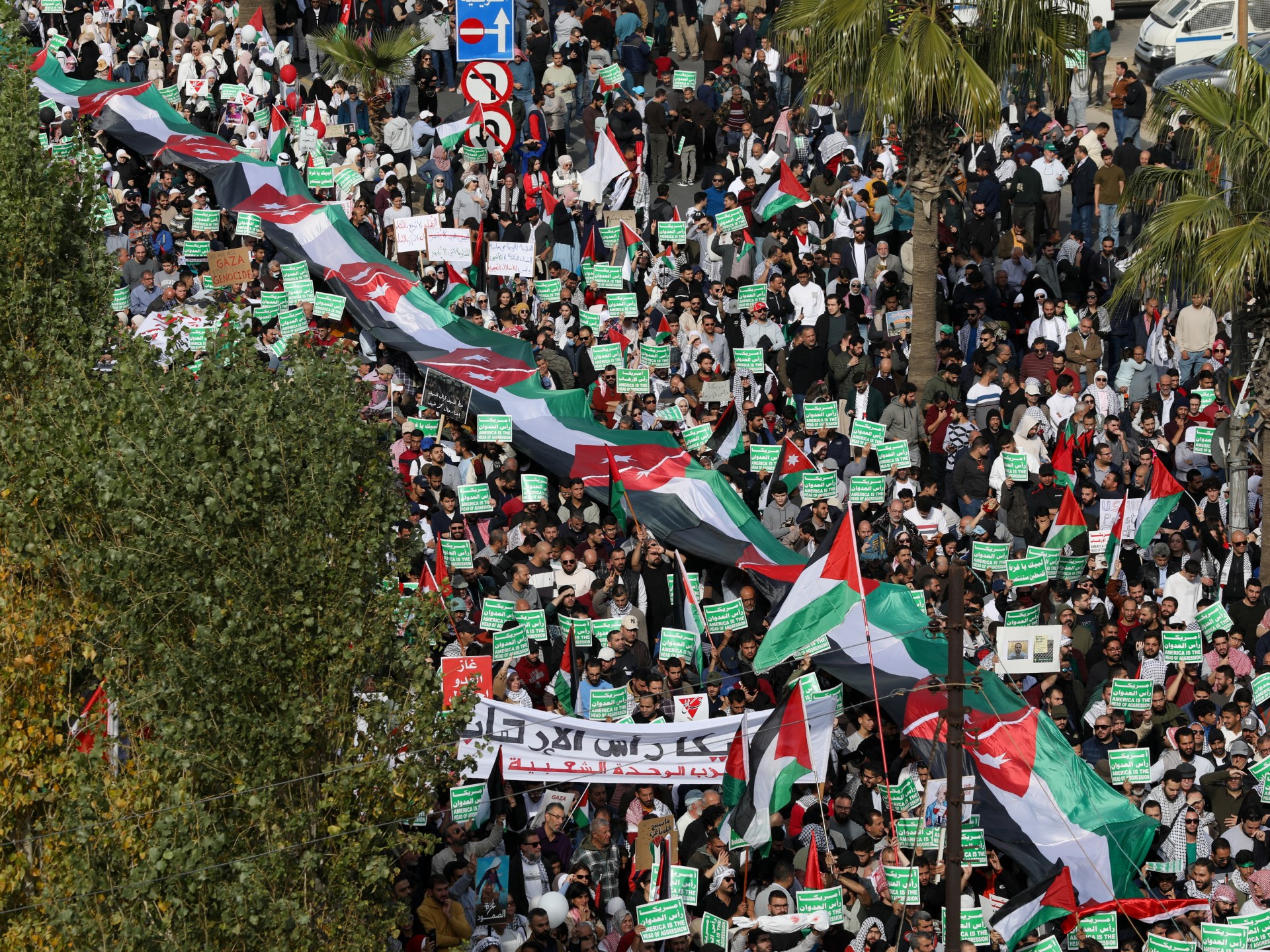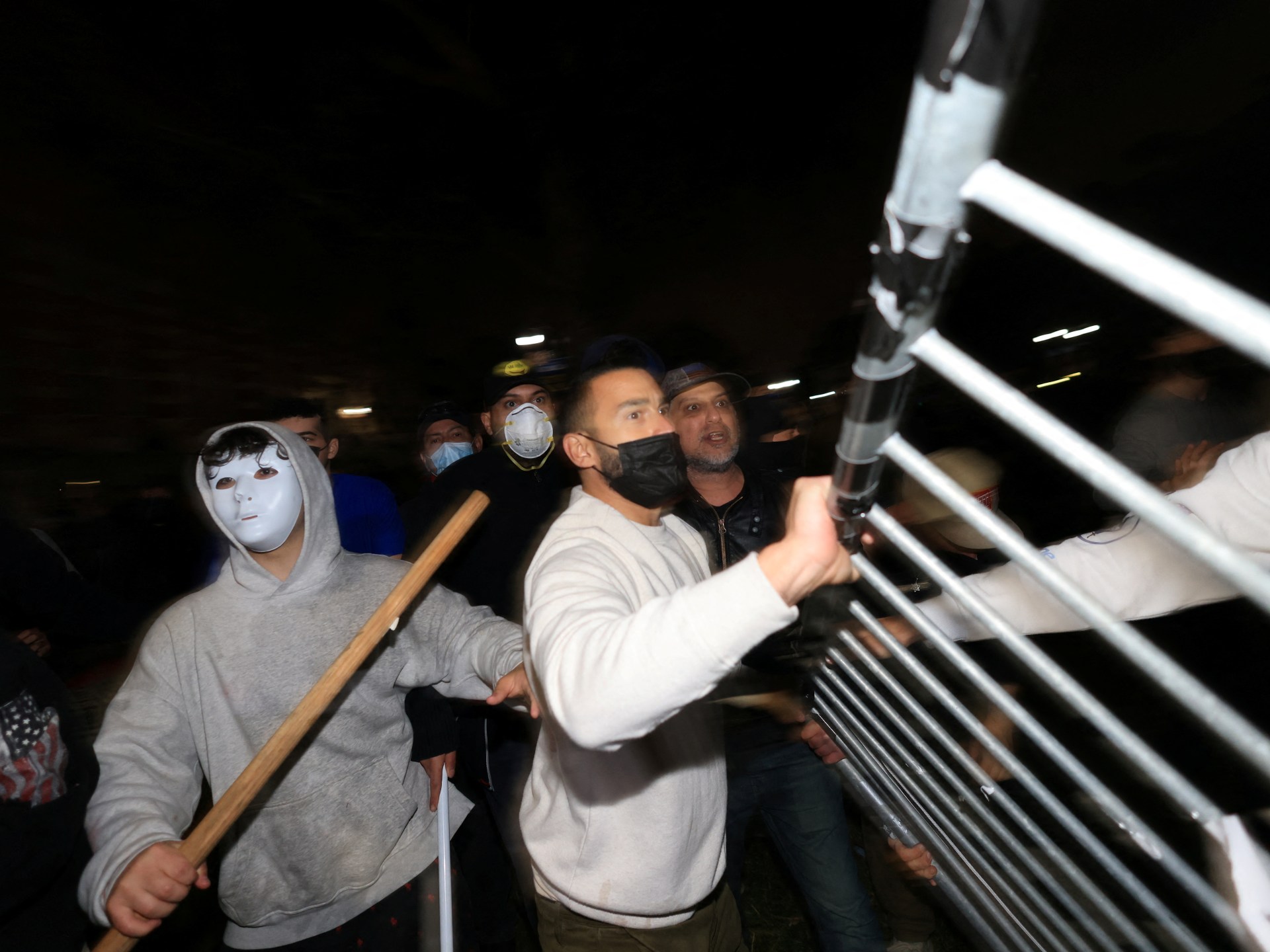Russia says Wagner chief Prigozhin died in plane crash after DNA tests
All 10 people onboard, including Wagner military commander Dmitry Utkin, were killed in the crash on Wednesday. The U.S. intelligence community is examining the possibility an explosion brought down the plane, with many in Russia’s elite convinced Prigozhin’s presumed death was an assassination ordered by the Kremlin.
Kremlin spokesman Dmitry Peskov on Friday dismissed rampant speculation of Kremlin involvement in the crash as punishment of Prigozhin for the rebellion as “all lies.”
Prigozhin led a short-lived June rebellion by Wagner in an effort to topple his rivals, Defense Minister Sergei Shoigu and the chief of the Russian general staff Valery Gerasimov. He had since been struggling to keep his mercenary empire afloat, amid reports that figures associated with the Ministry of Defense were quietly jostling to take over Wagner’s lucrative operations in Africa and the Middle East.
President Vladimir Putin spoke of Prigozhin in the past tense on Thursday, calling him a “talented” man who “achieved the necessary results,” but “made mistakes.” Other prominent Russian politicians and writers followed his lead, praising Prigozhin as a tough fighter and extolling Wagner, which is seen as Russia’s most ruthless and successful assault force in the Ukraine war.
The group’s future is in doubt after the demise of Prigozhin and its top leaders, with its operations likely to be taken over by Kremlin-friendly figures, likely to be given far less latitude than Prigozhin was allowed in aggressively expanding Wagner’s commercial, geopolitical, and military power.
Wagner achieved Russia’s only substantial military gain this year, helping capture the eastern Ukrainian city in May, albeit at a massive cost in Russian casualties — many of them convicts recruited from prisons and sent to the frontline. The minority who survived were pardoned by Putin, and in turn, strongly supported Prigozhin for enabling them to redeem themselves as Russian “heroes” by fighting in Ukraine.
State Duma lawmaker Vitaly Milonov called for Prigozhin’s funeral and burial to be held in war-torn Bakhmut, a tactic that would prevent the thousands of Wagner members and their families from paying tribute, and would ensure his grave does not turn into a popular shrine for hardline pro-war nationalists. But such a move would also make it dangerous for Prigozhin’s own family to attend the funeral and visit the grave.
Russian analysts have predicted that the funerals of Prigozhin and Utkin could see an outpouring of support and potentially anger, in what could prove an awkward moment for Putin, who called the Wagner leader a “traitor” during the rebellion – before offering Prigozhin and his fighters a deal in return for calling off the mutiny.
Thousands of Wagner fighters moved to Belarus after the rebellion in June and Prigozhin was preparing to expand his operations in Africa, while some signed contacts with the Ministry of Defense and others went home. Most of the convicts were let go, after reaching their required six months of service on the battlefield.
After the deal, Peskov said that Prigozhin’s security had been guaranteed by Putin’s word, and the Wagner boss continued to travel freely in Russia and to Africa, disposing of some assets and preparing to expand his African operations. Some analysts predicted that his death was only a matter of time, given his many powerful enemies.
Russia’s elite, meanwhile, has been cowed by what many of them believe was a hit ordered directly or indirectly by the Kremlin, and analysts agreed that Russia experts agreed that Prigozhin’s death will stamp out any remaining impulse among Russia’s elite to speak out against the war or challenge Putin.
Natalia Abbakumova in Riga Latvia contributed to this report.
Check out our Latest News and Follow us at Facebook
Original Source







